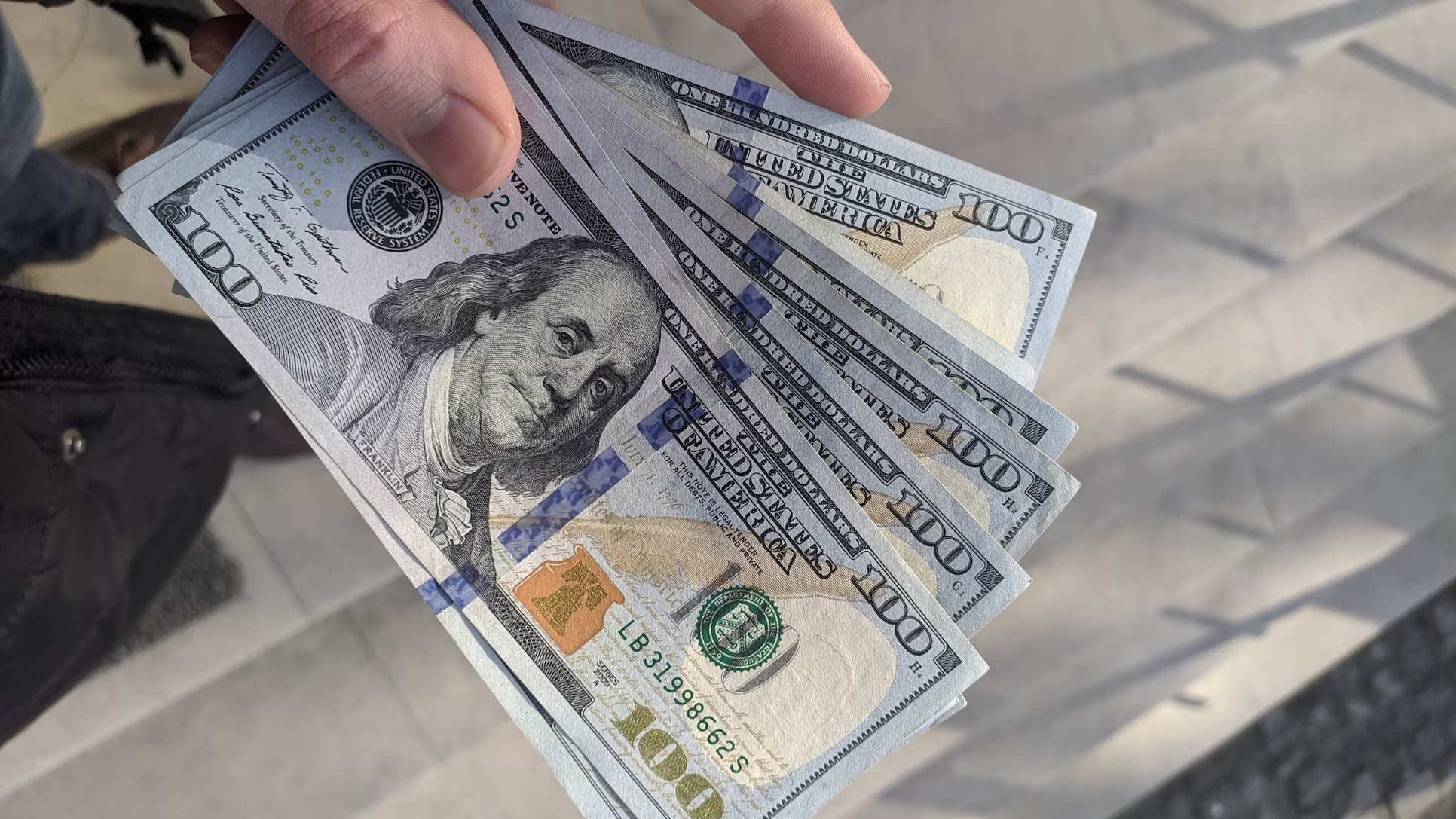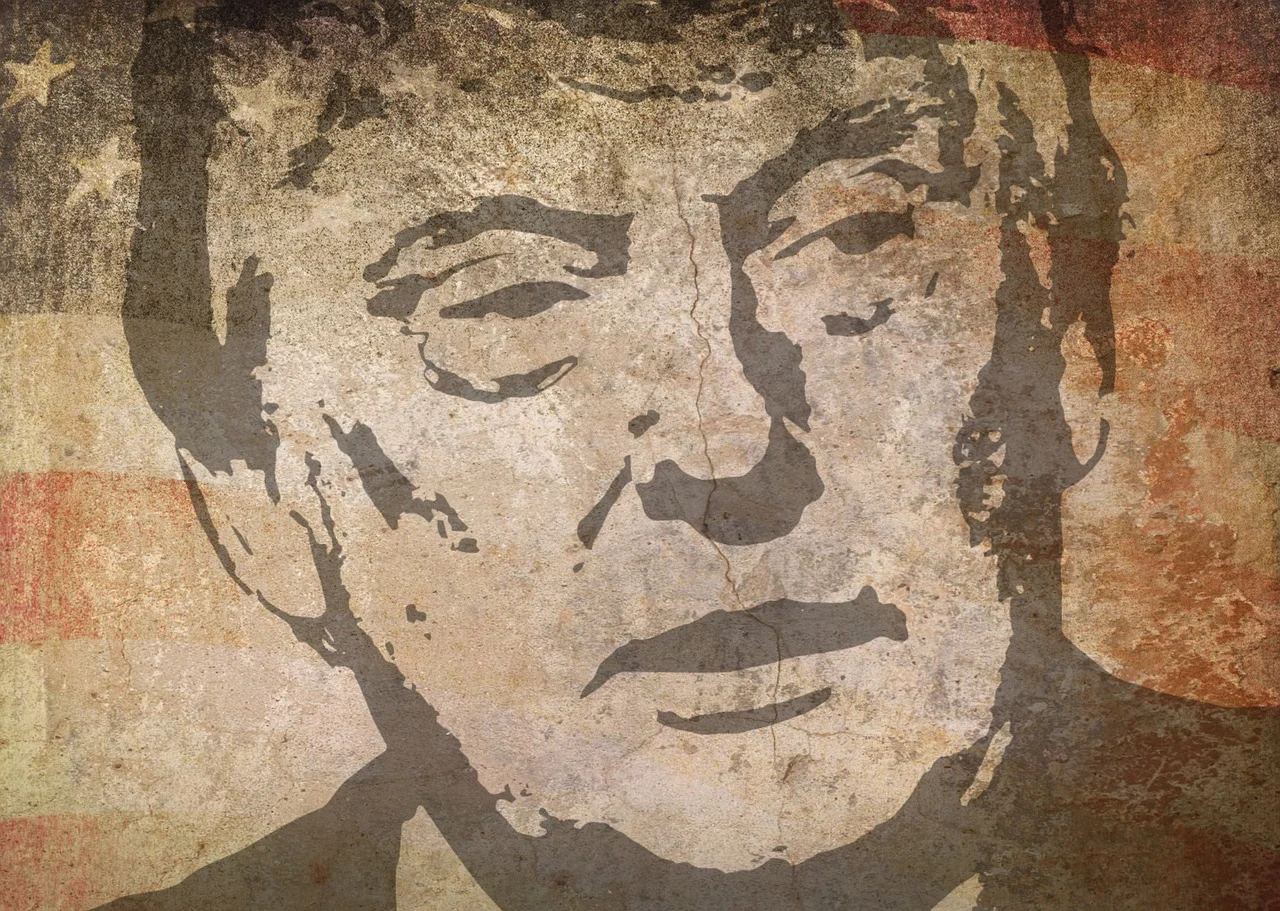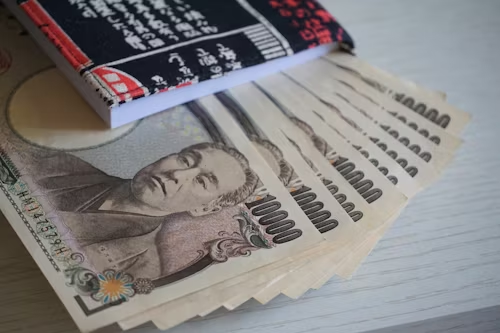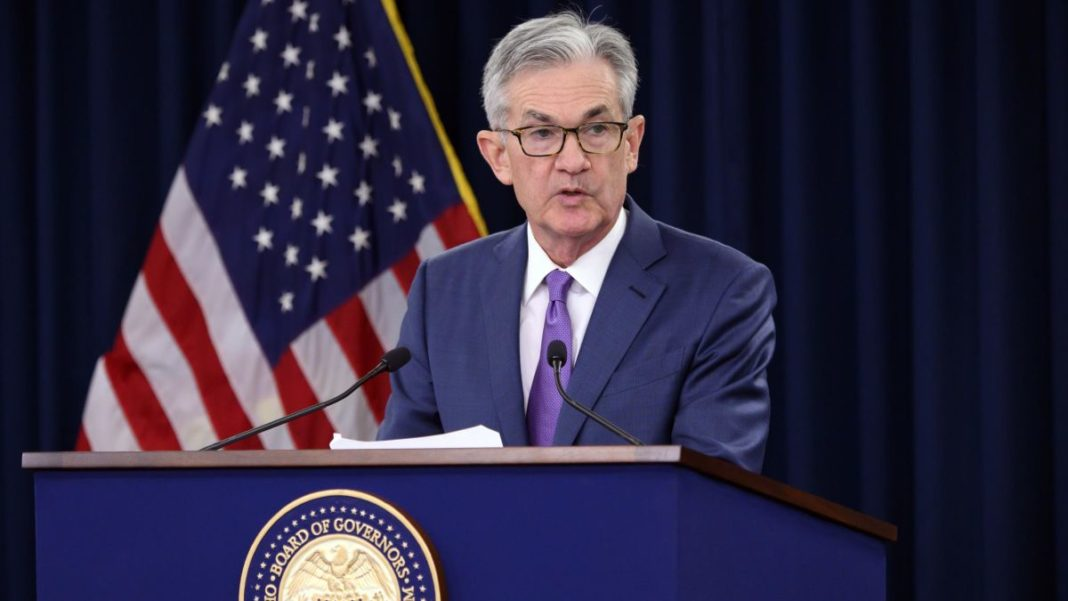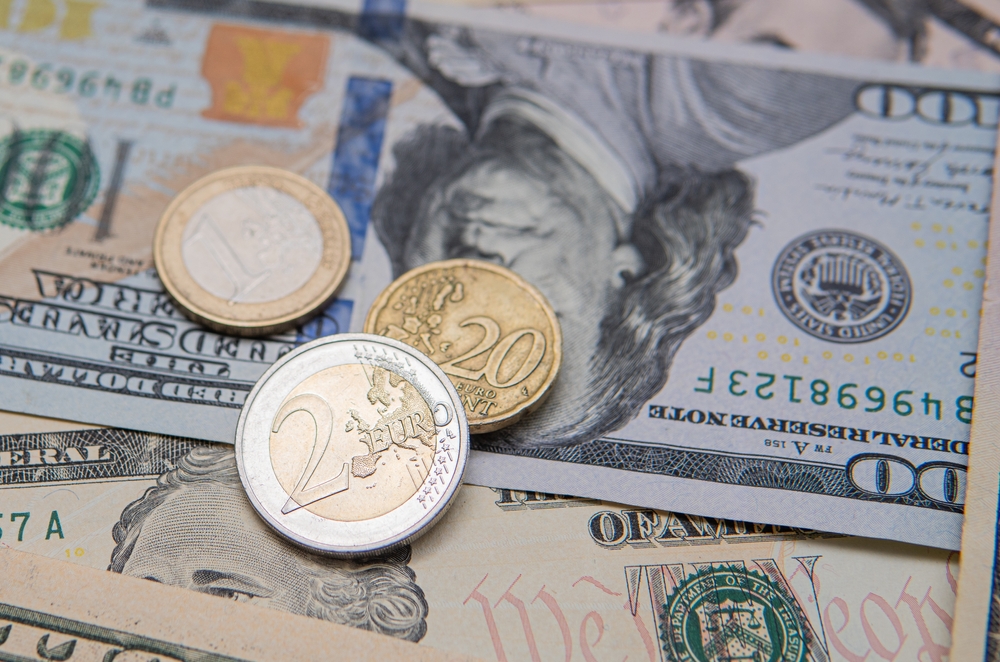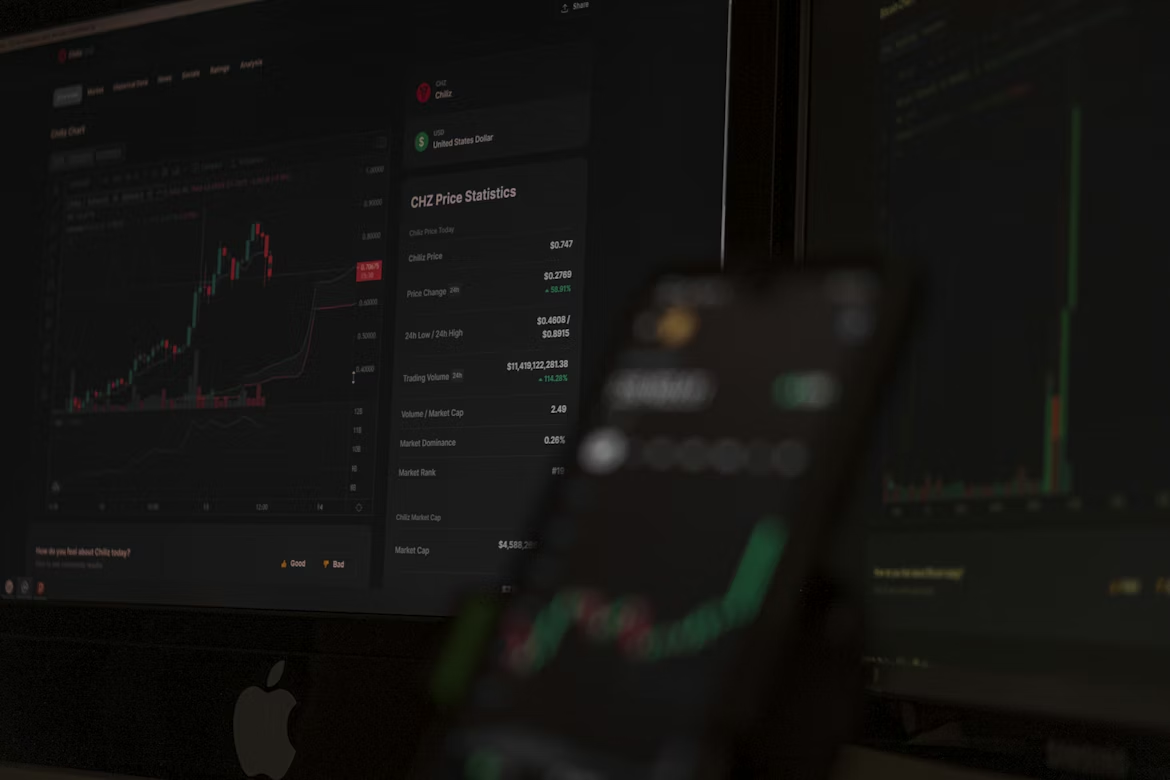Japan's inflation hit a two-year high of 4.0% annually in January, 0.4% higher from last month and climbing fast. The sudden increase is blamed on consumer spending and increasing food prices, which would become the base for more interest rate hikes by the Bank of Japan (BOJ). The core CPI, excluding fresh food, climbed to 3.2%, exceeding forecasts, while the "core-core" CPI, which also leaves out energy, reached 2.5%, significantly above the BOJ’s 2% target. This inflationary trend has been intentionally triggered by forced wage growth and a reduction in the anti-inflationary impact of government subsidies, strengthening the argument for tighter monetary policy. Although manufacturing activity has contracted for the eighth month in a row due to labour shortages and inflation, the services sector has shown proper resilience, contributing to overall economic strength. The BOJ is now under increasing pressure to tackle inflation risks and the depreciation of the yen, with Governor Kazuo Ueda indicating a willingness to adjust monetary policy as necessary.
EQUITY
Wall Street is wary of Walmart's sales forecast and President Trump's expanding tariff, sending the S&P 500 lower, snapping a two-day streak of record highs, with financials leading sectoral declines, while energy stocks held steady on rising oil prices. Global markets reflected similar unease, with European shares pausing rally on its 7th week potential streak and Asian markets struggling with tariff threats. Hasbro surged 13% after a surprise profit and $1 billion cost-saving plan, while EPAM Systems fell nearly 13% on weak earnings guidance.
GOLD
Gold prices printed another record high before pulling back, nearing $3,000. The precious metal has gained 11% since the start of the year, with Swiss gold exports to the U.S. hitting a 13-year high in January and London having a similar situation based on elevated gold borrowing costs. China observers reported the frenzy for gold has led to long lines at gold stores and significant price increases for gold jewellery. The asset was ready for a sizeable retracement last Friday, but the idea quickly shut down after the price continued higher.
OIL
Crude oil prices reached a 1-week high with factors such as a weaker dollar, a drone attack on a Russian pumping station, and delays in OPEC+ decision to reverse supply cut propping up the market. The EIA mixed inventory report shows a stockpiling in crude stocks but a drawing in gasoline and distillate inventories, concerns over Kazakh exports, and tighter US sanctions on Iranian oil. Although price is now breaking below its uptrend trendline, Brent and WTI both are set for 3% gains on the week.
CURRENCY
The dollar index is on track for its third consecutive weekly decline, as President Trump's tariff actions were less aggressive than feared. The yuan reached a three-month high against the dollar, with optimism surrounding U.S.-China trade deal progress and improved sentiment in Chinese equity markets. Meanwhile, the yen retreated from recent highs after Japan's core inflation hit a 19-month peak, raising speculation regarding future rate hikes.

